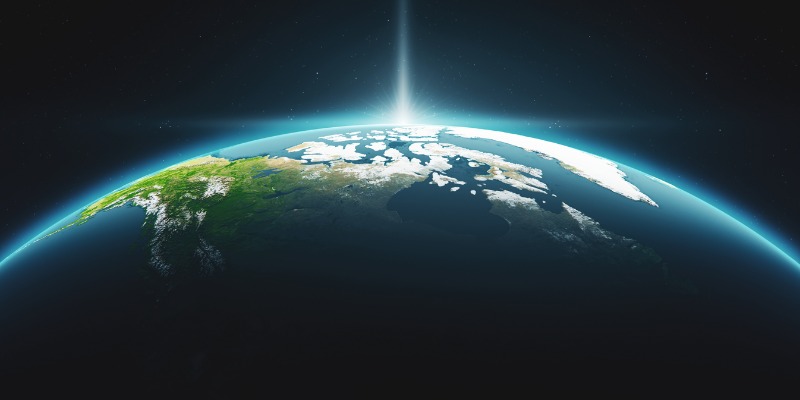Ottawa peddles junk economics to justify climate plans

The belief that climate change is an “existential challenge,” as evidenced by its appearance in Finance Minister Chrystia Freeland’s recent budget speech, informs the federal government’s decision to impose tens of billions of dollars in annual costs on Canadians in the form of taxation, spending and regulation.
Given how much of other people’s money the Trudeau government proposes to spend, and how much of other people’s lives it proposes to control, it might at some point want to provide evidence for the conviction that climate change threatens the extinction of humanity and must be stopped by government.
But in fact, the evidence contradicts this narrative of impending death and destruction absent a governmental reorganization of the economy towards “net-zero” emissions. Quoting from the Intergovernmental Panel on Climate Change’s SR15 report published in 2018: “Under the no-policy baseline scenario, temperature rises by 3.66°C by 2100, resulting in a global gross domestic product (GDP) loss of 2.6%.”
Global GDP in the year 2100 is a big number, so losing 2.6 per cent of it is nothing to sneeze at. At the same time, 2.6 per cent of GDP is one or two years’ worth of economic growth. Forgoing two years’ worth of growth over the next eight decades doesn’t seem like an existential challenge.
Estimates vary, so for those who want a second opinion, consider William Nordhaus who in 2018 won the Nobel Prize for his work on climate economics. Nordhaus published a journal article that same year where his baseline scenario showed climate change cutting global output by around 3 or 4 per cent by 2100. And as John Cochrane notes in National Review, “even extreme assumptions about climate and lack of mitigation or adaptation strain to find a cost greater than 5 percent of GDP by the year 2100.”
Of course, it might be worth looking past 2100 and at the most extreme scenarios, however improbable. In a recent Cato Institute essay, David K. Levine summarizes much of the expert literature and notes that even if the IPCC’s worst-case scenario—widely regarded as unrealistic—is realized, “and the planet warms by 6°C a century from now and then by 8.6°C by 2200, Nordhaus estimates that would result in a GDP-per-capita loss in 2200 (compared to what otherwise would have resulted) equivalent to the Great Depression.”
Nordhaus’s estimate based on the IPCC’s worst-case scenario is that people 180 years into the future will be 16.5 per cent poorer than they would have been in a world without climate change. But just as a 16.5 per cent cut to incomes today would still leave us far better off than people who lived in the 1840s, we should expect that a 16.5 per cent cut to the incomes of people living in the year 2200 would still leave them with living standards that far surpass what we enjoy today.
“The best science,” Levine summarizes, “indicates that if we do nothing to halt climate change, the effect of global warming on our children will be modest and descendants will be considerably better off than we are.” That doesn’t mean we should do nothing, but the mainstream research nowhere justifies the climate alarmism exhibited by Ottawa.
At bottom, Chrystia Freeland’s “existential challenge” is junk science, and the government’s expensive policies to deal with climate change, junk economics. Unable to justify its climate policies or targets with cost-benefit analyses, the federal government sadly resorts to misleading Canadians about climate change.
Author:
Subscribe to the Fraser Institute
Get the latest news from the Fraser Institute on the latest research studies, news and events.

